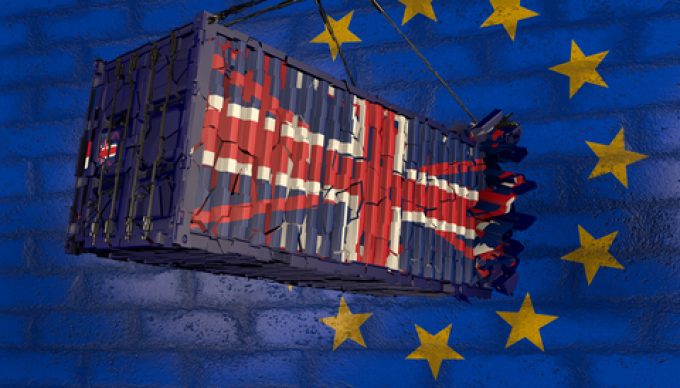Eastern Europe trade takes off as new air services generate excitement
Cathay Cargo’s new bellyhold service from Munich to Hong Kong launches today, and has already ...

Brexit has caused UK-EU trade flows to fall by 16%, while EU-UK trade has dropped 20%, according to a report today by the Economic and Social Research Institute (ESRI).
Based on data by HMRC and Eurostat, ESRI said the impacts it had quantified were solely as ...

Comment on this article